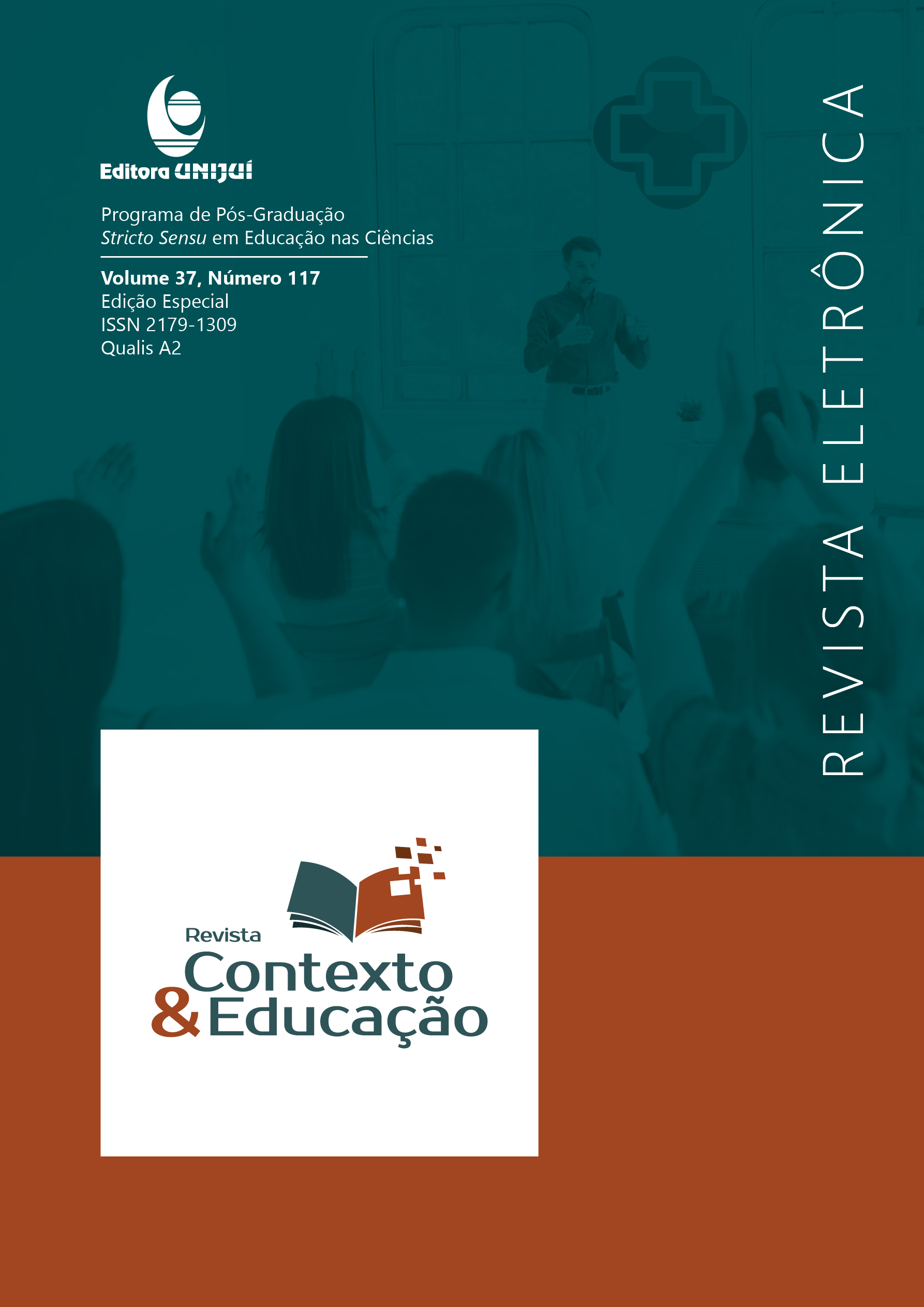PREVALENCE AND CHARACTERIZATION OF SEXISM IN THE SPANISH CONTEXT
DOI:
https://doi.org/10.21527/2179-1309.2022.117.12980Keywords:
Sexist attitudes, Hostile sexism, Benevolent sexism, Sociodemographic profileAbstract
Sexism is defined as a discriminatory attitude directed towards people by virtue of their belonging to a certain biological sex, and, therefore, sexist attitudes constitute the main axis on which the relations of inequality between men and women are maintained. Thus, it is important to keep in mind that, although in western countries sexism manifests itself in a subtler way, recent researches corroborate that citizens continue to have sexist beliefs. Therefore, we propose to identify the sexist attitudes of a sample of 692 participants (71.1% women, 28.9% men) between 18 and 70 years old, and to explore the sociodemographic variables associated with a more sexist profile. For this, the Inventory of Ambivalent Sexism was administered, which evaluates both hostile sexism and benevolent sexism. The results reveal that 26.9% of the sample shows sexist attitudes, with benevolent sexism being more common (34.8%). People with this type of attitude are, to a greater extent, men (t = 8.82, p <.000), with a heterosexual orientation (F = 7.87, p <.000) and a low educational level (F = 8.13, p <.000). Age also presents a positive and statistically significant relationship with sexist attitudes (r = .244, p <.000). Thus, it is concluded that more than a quarter of the sample exhibits sexist attitudes, subtly manifested, and that they are more prevalent among young male adults, heterosexuals and with a medium low educational level.
Downloads
Published
How to Cite
Issue
Section
License
By publishing in Revista Contexto & Educação, authors agree to the following terms:
All works are published under the Creative Commons Attribution 4.0 International License (CC BY 4.0), which allows:
Sharing — to copy and redistribute the material in any medium or format;
Adaptation — to remix, transform, and build upon the material for any purpose, even commercially.
These permissions are irrevocable, provided that the following terms are respected:
Attribution — authors must be properly credited, a link to the license must be provided, and any changes made must be indicated.
No additional restrictions — no legal or technological measures may be applied that legally restrict others from doing anything the license permits.
Notices:
The license does not apply to elements that are in the public domain or covered by legal exceptions.
The license does not grant all necessary rights for specific uses (e.g., image rights, privacy, or moral rights).
The journal is not responsible for the opinions expressed in the articles, which are the sole responsibility of the authors. The Editor, with the support of the Editorial Board, reserves the right to suggest or request modifications when necessary.
Only original scientific articles presenting research results of interest that have not been previously published or simultaneously submitted to another journal with the same purpose will be accepted.
Mentions of trademarks or specific products are intended solely for identification purposes and do not imply any promotional relationship by the authors or the journal.
License Agreement (for articles published from October 2025): Authors retain the copyright to their article and grant Revista Contexto & Educação the right of first publication.


